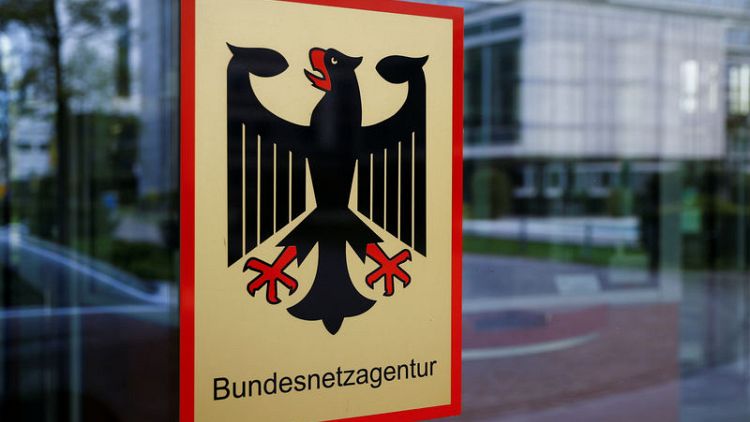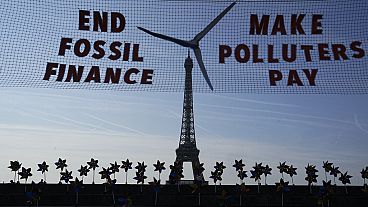By Vera Eckert, Tom Käckenhoff and Christoph Steitz
BERLIN (Reuters) - German consumers must not be burdened with higher electricity network fees when the country abandons stable coal-fired power for environmental reasons, the chief regulator of power transport grids said.
A government-appointed coal commission is tasked with drawing up a schedule for the exit from coal on Friday, or Feb. 1 latest, building in compensation for operators, employees and affected regions in a long-term process.
"I consider it important to do everything possible to prevent rising prices for consumers because of the coal exit," Jochen Homann, president of the Bundesnetzagentur or Federal Network Agency, said.
"It is my job to ensure that no unnecessary costs are added to grid fees," he said on the sidelines of an industry conference this week.
The Bundesnetzagentur supervises grid operators to ensure that networks are kept in balance. It also monitors costs which operators charge to consumers.
Homann's concern about spillover costs is not far-fetched given the government is keen to keep all sides happy in the coal compromise, looking to spread costs and limiting burdens on the general budget.
Network companies charge consumers 24.4 percent of their final bill for network investment and management.
These costs are already rising because green energy is difficult to integrate due to its intermittent nature, causing high "re-dispatch" spending on handling shortfalls and drawing on reserve plants.
In 2017, this bill came to 1.5 billion euros (1.30 billion pounds) and stood at 900 million in the first three quarters of 2018.
Generation costs could also rise after Germany quits coal, Homann said.
"It is a simple economic fact: If coal plants are taken out of the system, supply gets tighter, and then you would have to think about prices going up and how to handle that," he said.
Regarding the technical challenges, Homann said his agency had factored in the possibility that half of Germany's existing coal plant capacity of 43 gigawatts (GW) might close by 2030.
Of some 5,900 km (3,700 miles) of additional grids and power line improvements planned to accommodate the increase in renewable installations in the next decade, only 600 km have been approved and just 150 km implemented.
The picture for plans up to 2020 is more favourable.
Power network operators have completed 800 km out of a necessary 1,800 km, and 400 km have been approved.
(Editing by Maria Sheahan and Jason Neely)



